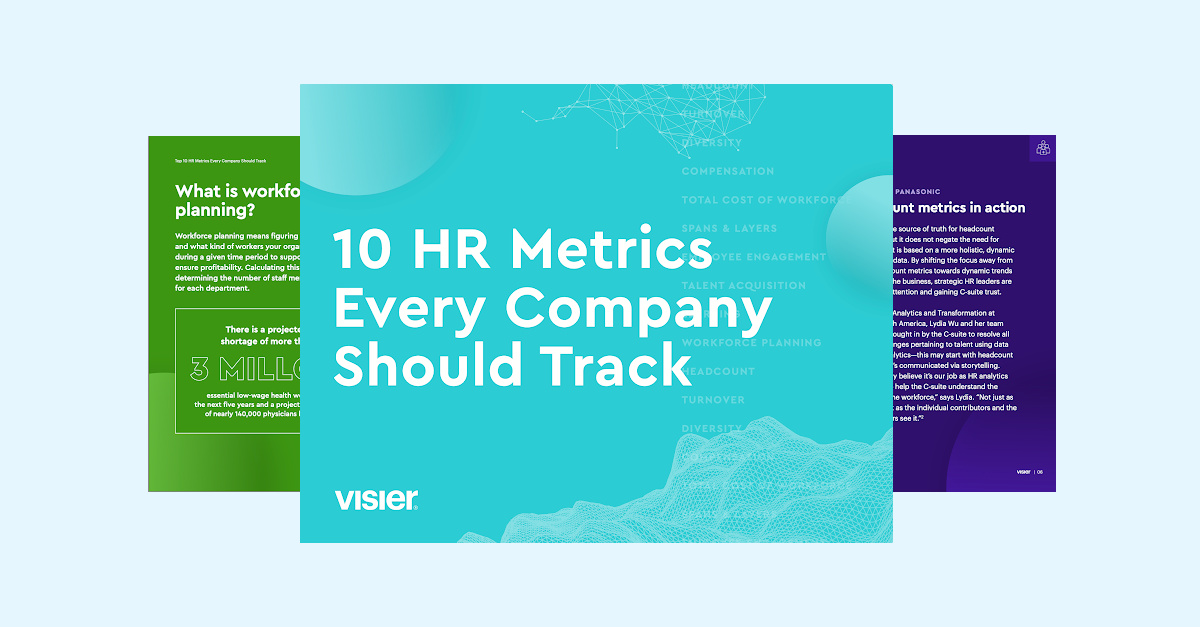MANAGER TOOLS
Everything You Need To Know About Manager Tools
Good managers are leaders who inspire and drive their teams toward success. But they can’t do it all alone. Manager tools help leaders become more effective, allowing them to focus their efforts where it matters most. Here’s everything you need to know about them.
Take a tour
Table of contents
What are manager tools?Benefits of manager toolsHow to use manager tools effectively5 examples of manager toolsProvide managers with the right tools to make an impactWhat are manager tools?
Manager tools are a set of techniques and processes that help managers become more effective and productive. They include tools for project management, coaching, and mentoring employees, conducting performance reviews, and more.
Managers are the backbone of a company. People quit because of a poor manager, while an excellent one can drive them to success. Because of that, organizations should pay close attention to the manager tools they have in place to help their leaders perform at their best.

Benefits of manager tools
Managers are more stressed than ever before. The potential recession, more direct reports than they can handle, higher expectations from employees, and too many responsibilities on their plate are only some of the causes. Many worry that so much stress can decrease manager effectiveness and, with it, the performance and productivity of the entire company.
While manager tools can’t take away the stress of a potential recession or reduce your number of direct reports, they can take some of the load off of your shoulders. Here’s how.
Improved time management and productivity
Time management is key for any manager. You need to allocate enough time for each task while leaving room for some unpredicted events. In a time when tasks are piling up on your desk and employees’ expectations are higher than ever, tools to help you manage time effectively are a must.
The right manager tools can help you improve your productivity and find time for things you rarely think of scheduling. For example, they can free up more time for mentoring employees and understanding their needs while also staying in touch with the company’s goals.
Increased accountability
Time tracking, project management, and goal setting will all help increase accountability on your team. When you can clearly follow progress, you gain a better understanding of things that are working and things that could be improved.
When progress is tracked and made visible to everyone on the team, it’s less likely that you or your employees will fall behind on tasks. When you do, you’ll be able to spot the issue immediately and take steps to correct it.
Measuring employee performance
How well are your direct reports performing? Their impact can tell you a lot about the team dynamic and about your own performance as a manager.
At the same time, performance reviews can cause more harm than good when executed incorrectly. That’s why more and more companies are questioning the reward system based on these reviews. Others are insisting on adding skill analyses to them. There are a lot of options, but not necessarily a lot of clarity around which one is best for your team.
Manager tools can assist you in making the best choices for your company. They can help you look at the right metrics so that you’re never caught off guard. They can also make performance reviews easier. By doing so, you can ensure that every choice you make is data-informed, objective, and beneficial for your team and your company.
Improved employee engagement and satisfaction
Picture this: you notice a slight decrease in productivity, engagement, or satisfaction. You know you need to do something, but you have no idea where to start. You propose some generic measures, but they do little in the way of improvement.
To get actual results, you need to find the root cause of the problems and ask specific questions. Are employees fatigued? Why are absenteeism rates higher? Is the merit reward system fair, or is someone feeling stuck behind a glass ceiling?
This is where manager tools can save the day. They can assist you in understanding your employees, and guide you so that you can ask the questions that matter.
Collaboration tools, for instance, can improve how teams work together, making sure one person isn’t putting in significantly more effort than the others, with little to no reward. All this will improve both engagement and satisfaction, making everyone feel like their efforts are seen and they matter.

How to use manager tools effectively
Manager tools can drastically improve the way you interact with your team and run your business. But choosing any tools at random or because another company recommends them might not yield the result you’re hoping for. Here are a few easy steps to use manager tools effectively.
1. Assess your needs
There’s a tool for every need out there. If you have the budget and time, you can get something for every part of your business. But it is far more efficient to start with something that addresses your most immediate problem and build from there.
Where are you and your team struggling the most? Is your weak spot time or project management? Or are you perhaps struggling with performance reviews?
Also, take a moment to look beyond your immediate needs and assess your strengths and weaknesses. Combined with your most pressing struggles, they’ll show you what the best manager tools are for you.
2. Make a plan and get approval where needed
Now that you know what tools you need, discuss them with the rest of the team and the company. While some tools are free, most of them will require some investment, so you may want to get the company’s approval before purchasing a new software.
Your plan should also include a period of learning and adjusting. Manager tools are usually easy to use, but you can’t expect to become an expert overnight.
3. Integrate the new tools with your current processes
The goal of manager tools is rarely to change everything about how you do things. They’re there to support you on your journey and make life a little easier.
That’s why you need to make sure they integrate smoothly with the processes you have in place and that they don’t complicate everyone’s life unnecessarily. See what needs to change and what can stay the same without disrupting too much of people’s workflows.
4. Set aside time for everyone to adjust to the new tools
No matter how well your new manager tools integrate with the current processes, you need to factor in some adjustment time. This is a good time to learn the ins and outs of the new tools for you and your team members.
Don’t forget to communicate with your employees. See how they feel about these tools—do they find them useful? Is there something you could do to help them learn how to use them?
5. Monitor and evaluate
Are the manager tools helping you reach your goals?
Are they working as you expected them to?
Are the needs you identified earlier being met or is there room for improvement?
How did the team adjust? What are their thoughts on these tools?
These are only some of the questions you need to constantly ask yourself. Assess how well these tools are serving you periodically—at least every 6 months. Be prepared to improve and even switch tools if necessary.

5 examples of manager tools
Manager tools range from simple time-tracking software to more complex programs that assist you in your performance review process. Here are a few examples.
1. Time management tools
These tools are great, especially when you have a lot of direct reports and need to know who is doing what and when. They can assist you in creating fair schedules for everyone, making sure nobody is overworked or at risk of burnout. Some include time trackers, while others allow you to create a tentative schedule for each person on the team.
2. Project management tools
These tools are there to help your team stay organized, plan, and track every task needed to complete a project. They often come with an integrated time management solution, so you can do everything with a single tool.
3. Collaboration tools
In-person meetings and chats are great, but sometimes you need a bit more. Sharing files, ideas, and other bits of information can be a lot easier with the right collaboration tools.
Plus, these tools can offer a lot of transparency and are often preferred by introverted team members who may dislike sharing in an in-person meeting.
4. Human resource information systems (HRIS)
While more commonly used by the HR team, HRIS can be an ally to any manager. These tools help you manage data on employees, such as salary, benefits, performance, and more.
They can be a great asset when evaluating performance and making decisions regarding merit rewards, for instance.
5. Performance evaluation tools
These tools can be a real asset when monitoring employee performance. You can also use them to follow various metrics, from absenteeism to turnover, and more.
They can assist you in creating an equitable and transparent performance evaluation program that ensures employees will understand your expectations and will learn from the review.

Provide managers with the right tools to make an impact
Effective management begins with leveraging people data and using people analytics to glean insights. Insights on demographics, talent, learning and development, and collaboration can help you become a better leader and respond to your team’s needs quickly. Use a people analytics platform with pre-built solutions that answer your most pressing questions about your team to make data-driven decisions.
Effective managers leverage internal mobility programs to identify where employees can grow their career. Manager tools can help you in assessing who’s ready to upskill or reskill.
Give managers the tools they need to make strategic compensation decisions. Merit increases and annual bonuses, along with salary, can help motivate employees and keep them satisfied and engaged. But when done wrong, rewards can cause more harm than good.
![The Last Mile Problem [CARD ASSET]](https://images.ctfassets.net/lbgy40h4xfb7/59jD1cBcKafbv6ZAOaBHF9/f03062c405593f70a2aa6d94cd772ff8/last-mile-problem-resource-card.jpg?w=1200&h=700&fl=progressive&q=100&fm=jpg)
![Manager Effectiveness: What It Is and How To Improve It [CARD ASSET]](https://images.ctfassets.net/lbgy40h4xfb7/2EAwgRuAVgkp6DJ4k1Y8CH/2025a9bae2276c53e9be9f0f79e779be/what-is-manager-effectiveness.jpeg?w=1200&h=700&fl=progressive&q=100&fm=jpg)
